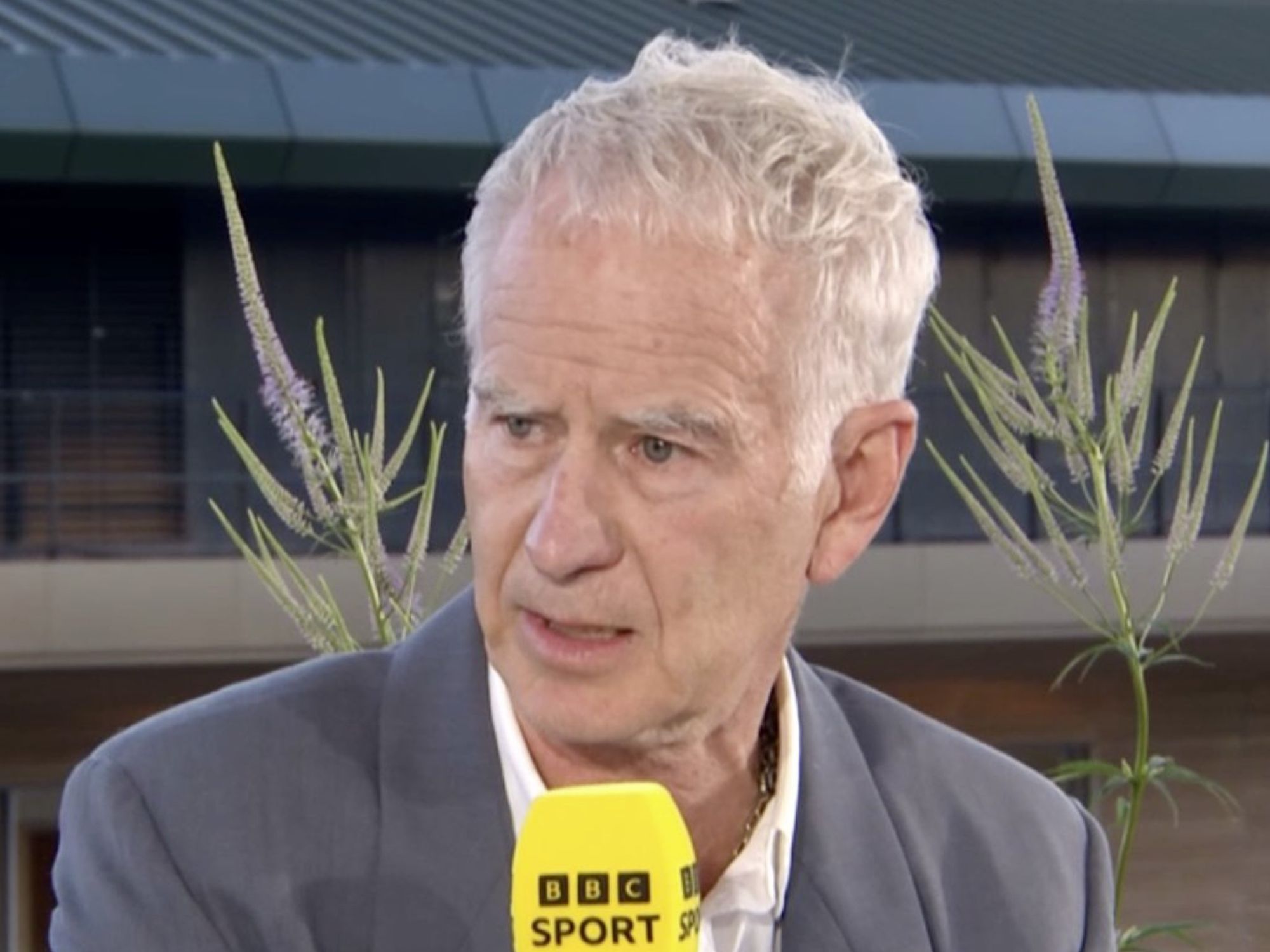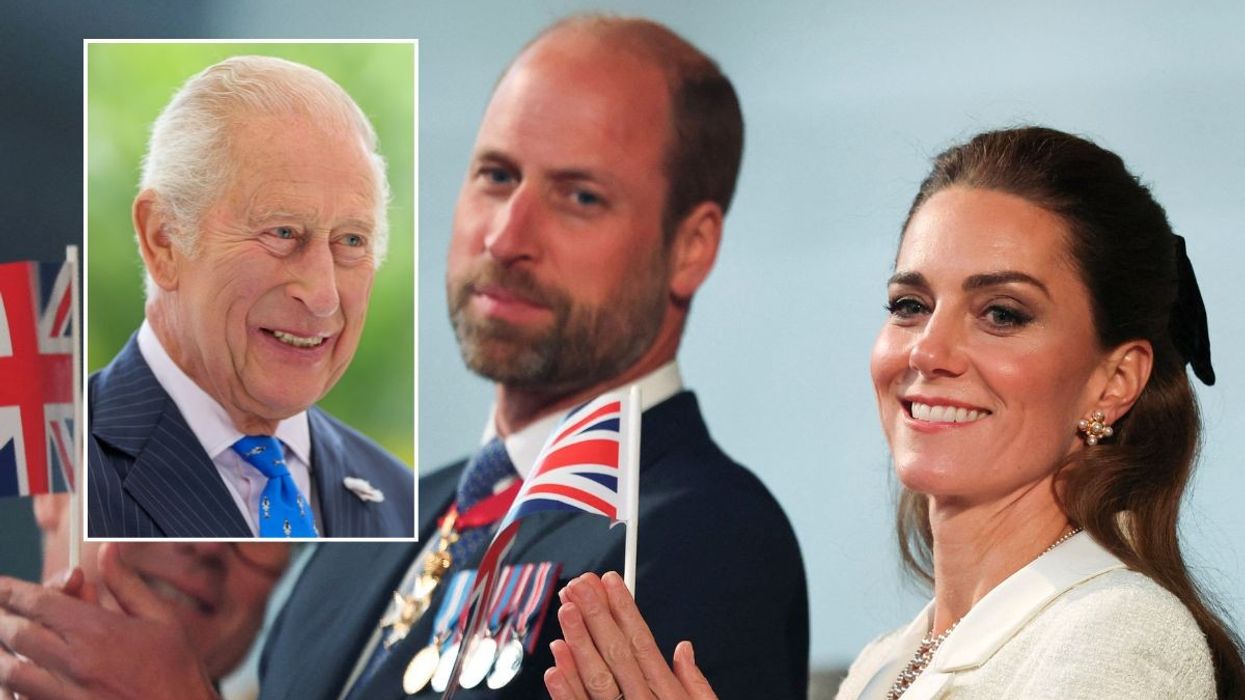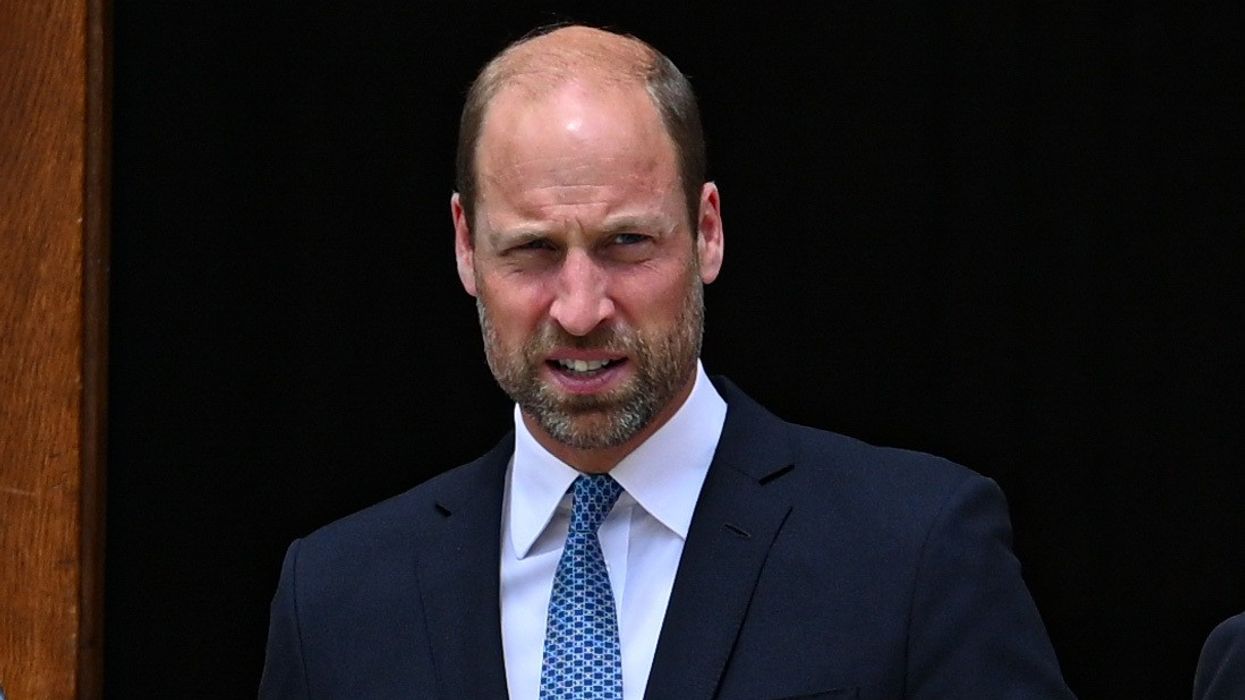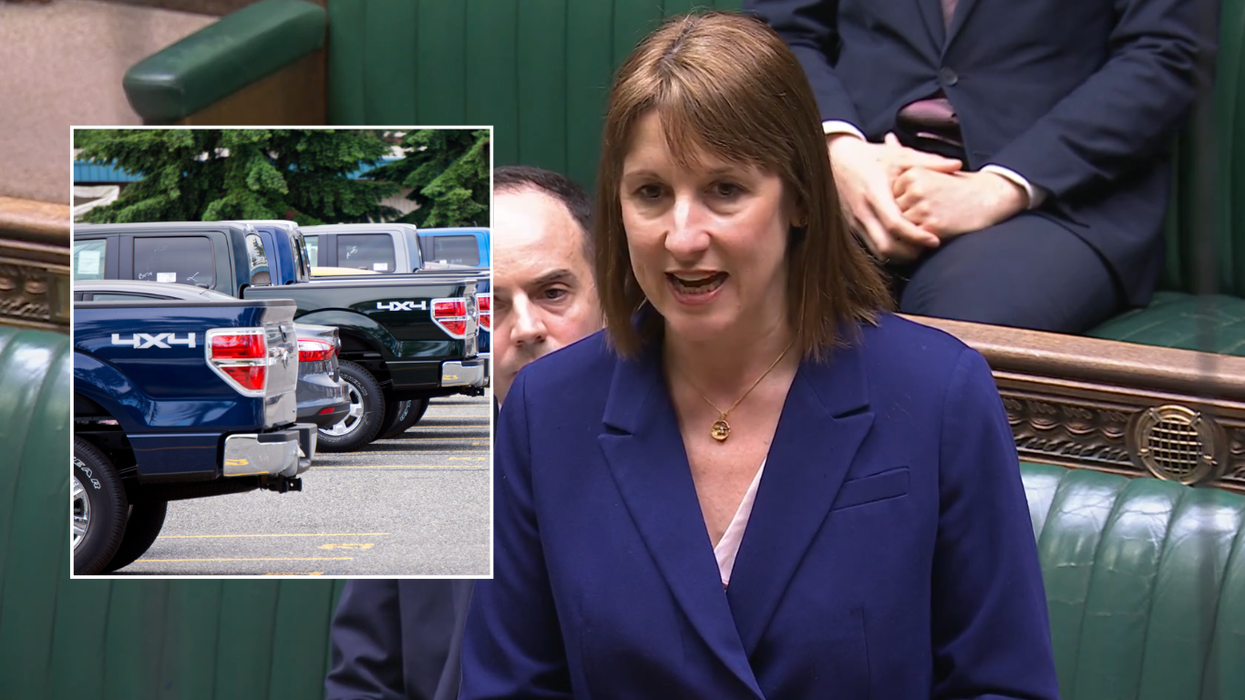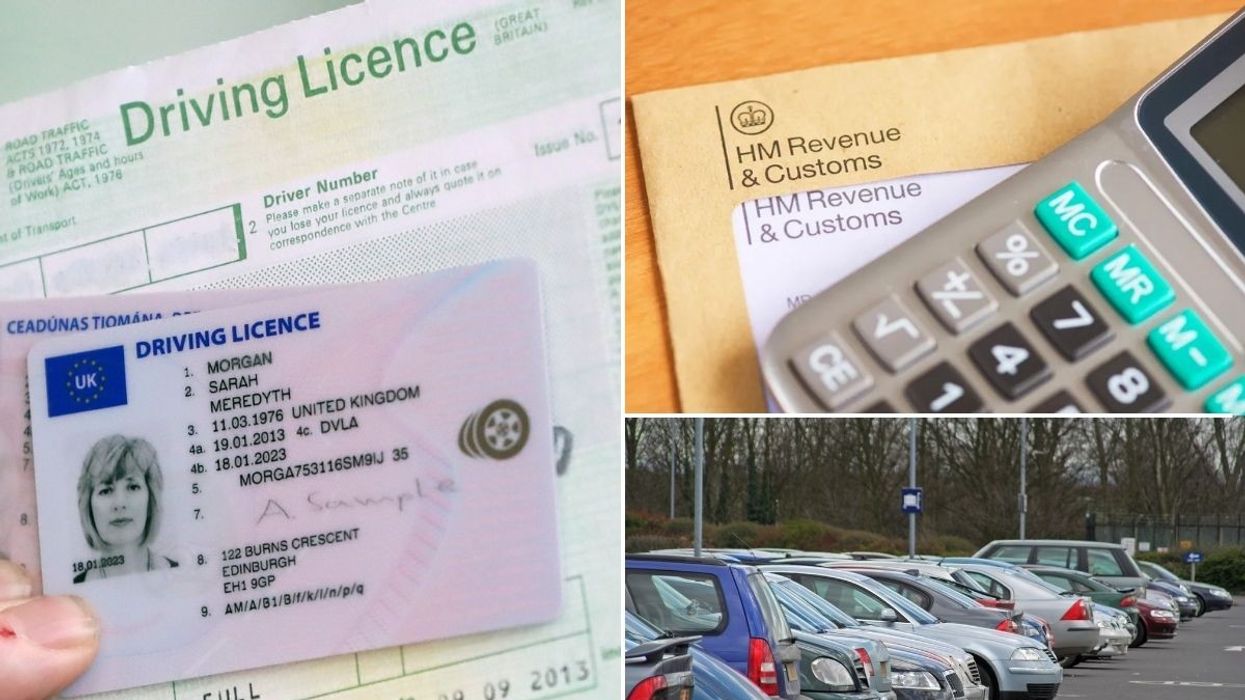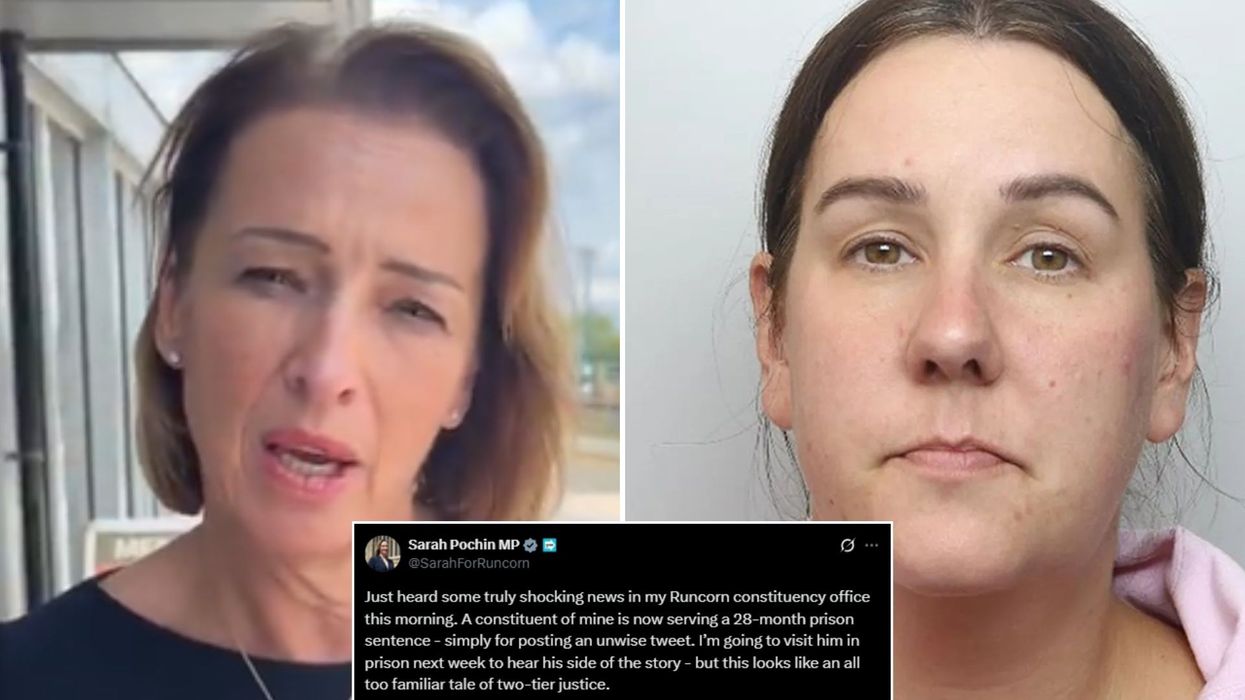The use of the medicines had received significant criticism for the lack of evidence on their side effects
Don't Miss
Most Read
Children will no longer be prescribed controversial puberty blockers – medicines used to postpone puberty in minors – at gender identity clinics, NHS England has confirmed.
The government said it welcomed the “landmark decision”, adding it would help ensure care is based on evidence and is in the “best interests of the child”.
Puberty blockers, which pause the physical changes of puberty such as breast development or facial hair, will now only be available to children as part of clinical research trials.
The move follows a public consultation and an interim policy on the issue, which stems from a 2020 NHS England review of gender identity services for under-18s.
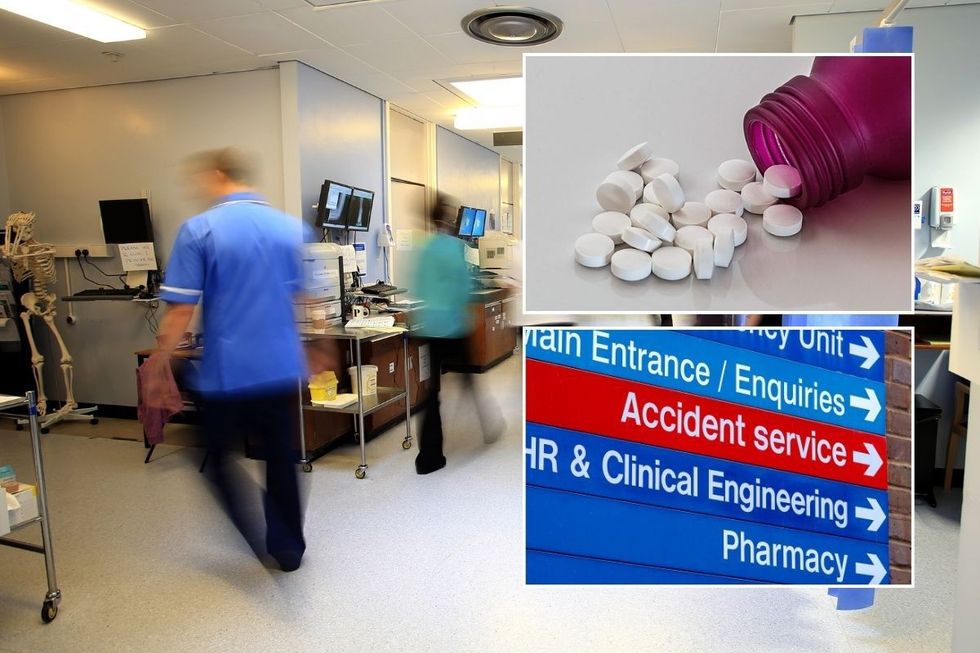
The government said it welcomed the “landmark decision”
PA/GETTY/PICKPIC
The review, led by Dr Hilary Cass, followed a jump in referrals to the Gender Identity Development Service (Gids) run by the Tavistock and Portman NHS Foundation Trust, which is set to close at the end of March.
In 2021/22, there were over 5,000 referrals to Gids, compared to just under 250 a decade earlier.
The clinic has come under repeated scrutiny – in February 2022, Dr Cass published a report which said there was a need to move away from one central unit, and recommended the creation of regional services to better support youngsters.
She also pointed to a lack of long-term evidence and data collection on what happens to children and young people who are prescribed medication.
READ MORE TRANS NEWS:
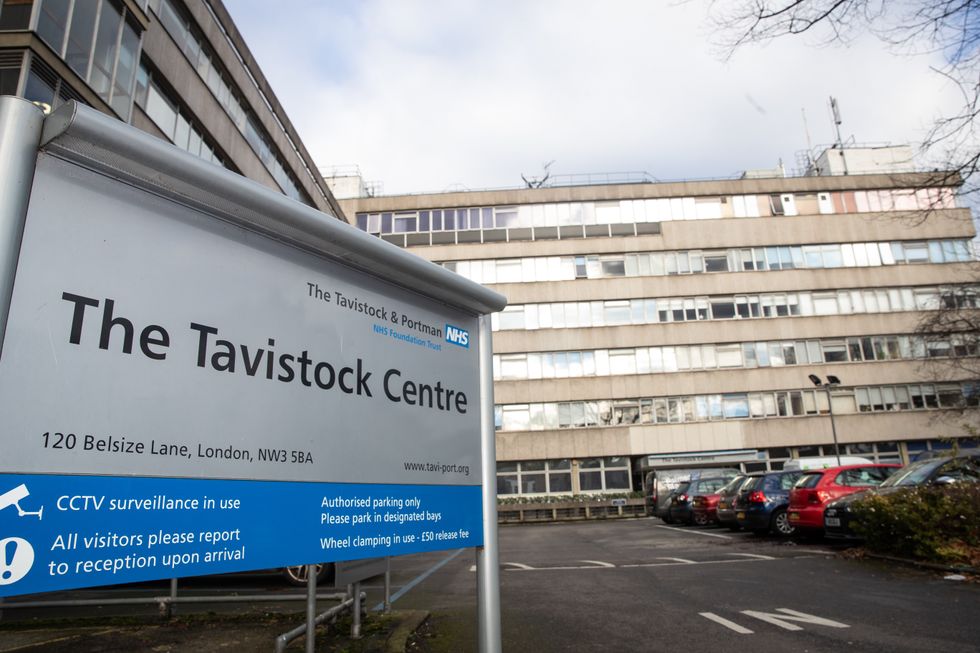
The NHS is shutting down its gender identity clinic for children at the Tavistock and Portman NHS foundation trust in London
PADr Cass said Gids had not collected routine and consistent data, “which means it is not possible to accurately track the outcomes and pathways that children and young people take through the service”.
When the Tavistock and Portman closes, two new NHS services will open in early April: one in London’s Great Ormond Street Hospital and another in Alder Hey Children’s Hospital in Liverpool.
The NHS has said children attending these clinics will be supported by clinical experts in neurodiversity, paediatrics, and mental health, “resulting in a holistic approach to care”.
Health minister Maria Caulfield said: “We have always been clear that children’s safety and wellbeing is paramount, so we welcome this landmark decision by the NHS.
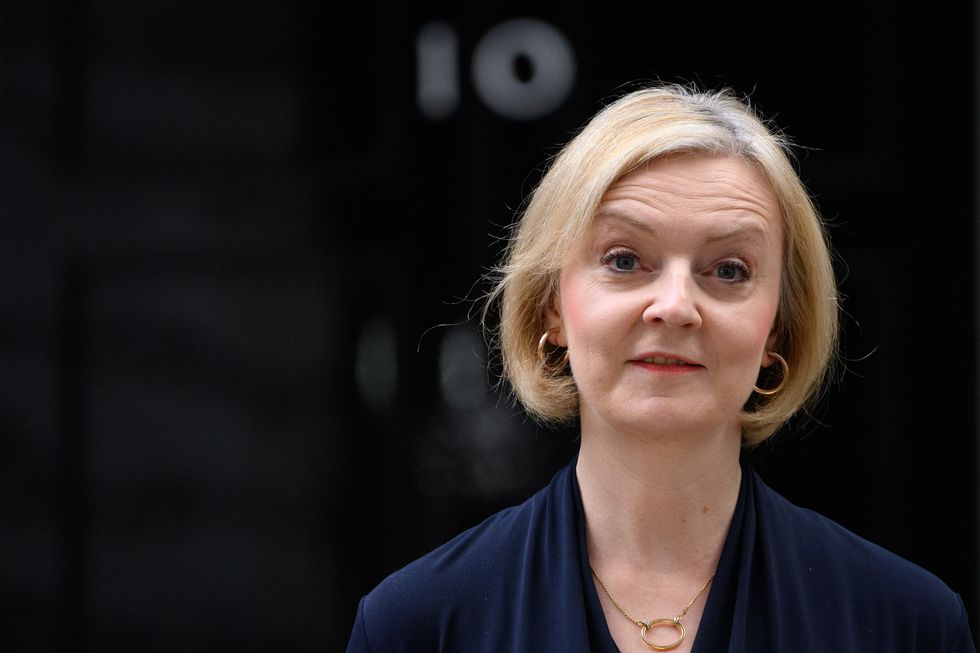
Liz Truss said she welcomed the move and pushed for government support for her Bill on the topic
GETTY“Ending the routine prescription of puberty blockers will help ensure that care is based on evidence, expert clinical opinion and is in the best interests of the child.”
The consultation on the future of services received more than 4,000 responses, including around a quarter from members of the public, 22 per cent from patients, 21 per cent from parents, 10 per cent from trans adults and 5 per cent from clinicians.
John Stewart, national director of specialised commissioning at NHS England, told the PA news agency: “Given that the debate is often very polarised, so too were the responses to the consultation.
“Many people said the policy didn’t go far enough in terms of still allowing potential access [to puberty blockers] through research, and others saying clearly they disagreed fundamentally and that these should be routinely available to everyone who believes they need it.”
Around 250 patients are expected to be transferred to new clinics from Gids when they open, with around 5,000 more children and young people are on the waiting list.
Fewer than 100 young people are currently on puberty blockers.
Former PM Liz Truss said: “I welcome NHS England’s decision to end the routine prescription of puberty blockers to children for gender dysphoria.
“I urge the Government to back my Bill on Friday which will reinforce this in law and also prevent these drugs being supplied privately.”







